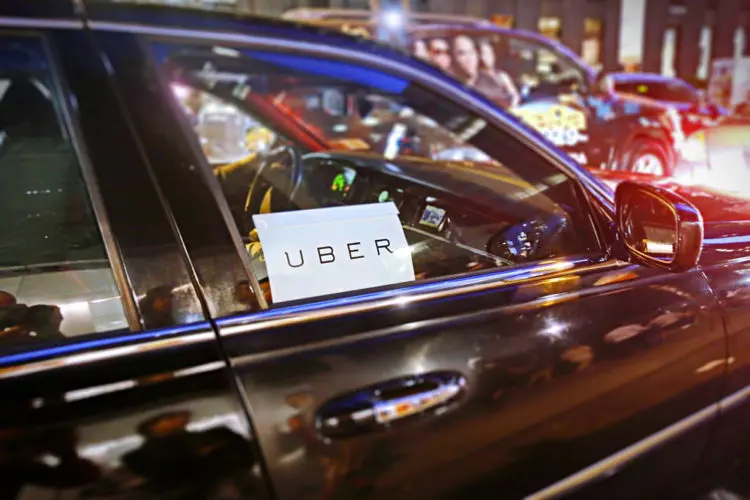Uber fares and Airbnb stays could cost 20 per cent more after the Treasury launched a review into VAT and the sharing economy.
The Treasury has issued a call for evidence amid concerns that growth in the platform apps could cost as much as £20 billion in lost tax revenue as activity shifts online.
Hotels, taxi firms such as Addison Lee and companies such as Pimlico Plumbers charge 20 per cent VAT to customers, but most operators for Uber, Airbnb and Taskrabbit, an online freelance labour marketplace, pay nothing because the individual providers fall below the VAT threshold of £85,000 of turnover.
The Treasury fears that an increasing share of these services will switch to digital platforms because the tax benefit allows them to charge lower prices.
Its call for evidence, coming at a point of intense pressure for the public finances, is part of a regular review of the tax system to ensure that it is keeping pace with economic developments. Recent reviews have included capital gains tax and business rates.
The Tories have pledged not to raise the rate of VAT under the “triple tax lock”, but that would not stop them from widening the base of companies liable to pay or lowering the threshold. Economists have estimated that the chancellor needs to find roughly £30 billion merely to stabilise national debt as a share of GDP.
The Treasury said that while the sharing economy “creates huge opportunities . . . the government is also aware that it could potentially create certain challenges to the VAT tax base”. VAT raises £160 billion a year.
Providers, users, platforms and their rivals will be consulted. The Treasury said that it also was concerned about “ensuring fair competition and a level playing field for all businesses”.
The issue stems from the way in which contracts are structured. As a company with staff, a taxi firm will have revenues above the VAT registration threshold. As the platform apps use self-employed workers, providers sit below the threshold.
Chris Sanger, global tax leader at EY, said: “The tax system normally seeks not to draw a distinction between different types of business model. Now it provides an incentive in favour of the sharing economy and self-employed, and that creates a risk for the exchequer.”
He added that a decision to charge VAT most likely would be added to the bill for consumers. However, critics warned that the additional cost may undermine sharing economy business models. The review comes after a recent case that ruled Uber owed the exchequer £1.5 billion in unpaid VAT on the service fee it charges drivers.
The Treasury paper drew attention to an estimate by PWC for the total value of transactions in the sharing economy growing from £7 billion in 2016 to £140 billion in 2025, including platform service fees. Mr Sanger said it was plausible to extrapolate lost VAT revenues of £20 billion a year from the estimate.
Two years ago, the Treasury launched a separate review into reducing the VAT threshold from £85,000. The UK threshold is by far the highest of all 37 members of the Organisation for Economic Co-operation and Development. France and Germany have thresholds below £30,000. No changes have yet been made.
The Treasury paper refers to five key sharing economy sectors in the UK: short-term accommodation, passenger transportation, household services, collaborative finance, such as Zopa, the peer-to-peer lender, and on-demand professional services, like Upwork.
It added: “An example of hiring out labour would be offering to perform household repairs and building works. An example of renting out of assets would be an individual placing their apartment for rent as a short-term letting.”
A Treasury spokesman declined to comment.


